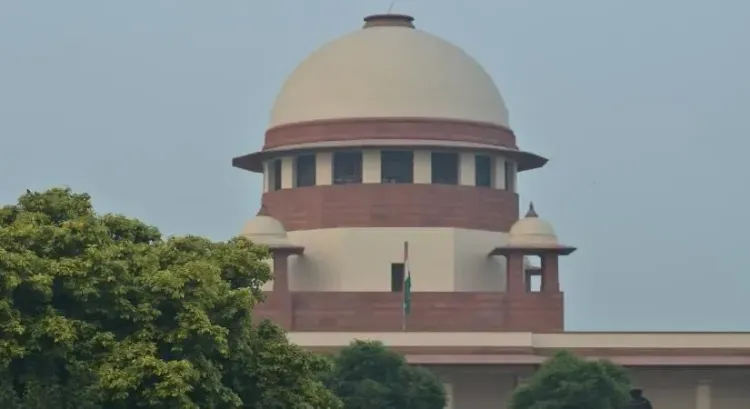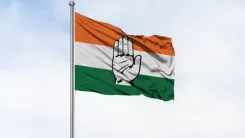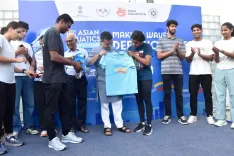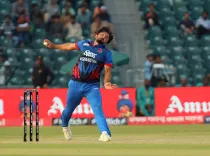Did the SC Reject Telecom Operators' Request for AGR Dues Waiver?

Synopsis
Key Takeaways
- The Supreme Court has dismissed the telecom operators' waiver petitions.
- Vodafone Idea is under significant financial strain due to AGR dues.
- The government has converted dues into equity, increasing its stake to 49%.
- The court's decisions emphasize accountability in the telecom sector.
- Vodafone Idea plans to roll out 5G services across multiple regions.
New Delhi, May 19 (NationPress) The Supreme Court has officially dismissed the petitions put forth by telecom giants Bharti Airtel, Vodafone Idea (Vi), and Tata Teleservices, which sought a waiver on interest and penalties concerning their adjusted gross revenue (AGR) dues, describing the petitions as “misconceived”.
This ruling follows the government's earlier denial of a request from the financially troubled Vodafone Idea Ltd for additional relief regarding its AGR obligations. According to reliable sources, the Department of Telecommunications (DoT) stated in a letter dated April 29 that the plea for further concessions on AGR liabilities “cannot be considered”, in light of the Supreme Court's decision from 2020, which established a ten-year deadline for telecom companies to settle their dues.
Vodafone Idea had sought a waiver exceeding Rs 45,000 crore in AGR-related liabilities to secure its operational future.
Furthermore, Bharti Airtel and its subsidiary Bharti Hexacom requested a waiver amounting to Rs 34,745 crore with respect to interest and penalties.
The DoT noted that Vodafone Idea has already availed of partial assistance when the government converted spectrum-related dues totaling Rs 36,950 crore into equity, thereby increasing its stake in the company to 49 percent.
Previously, the government had petitioned the court for an extension of the repayment period to 20 years, but that request was also denied.
Vodafone Idea has been embroiled in a prolonged legal struggle over the definition and calculation of AGR since a ruling in 2019. While telecom firms contested the calculations, citing mathematical inaccuracies, the Supreme Court rejected these assertions. Vodafone Idea submitted a curative petition in July 2024, which was subsequently dismissed in September 2024.
The joint venture between UK’s Vodafone Group Plc and India’s Aditya Birla Group has faced mounting financial pressures following a Supreme Court ruling in 2019 that expanded the scope of adjusted gross revenue (AGR), significantly increasing the liabilities for telecom firms.
Despite the conversion of a portion of the company’s dues into equity, leading to a 49 percent government stake, Vodafone Idea continues to grapple with severe financial challenges due to its substantial debt.
On May 15, Vodafone Idea launched its high-speed 5G services in the Delhi NCR region, following similar rollouts in Mumbai, Chandigarh, and Patna as part of its initial rollout phase.
According to the company, it plans to extend its 5G rollout to all 17 priority circles where it has secured 5G spectrum by August this year.







